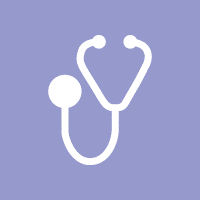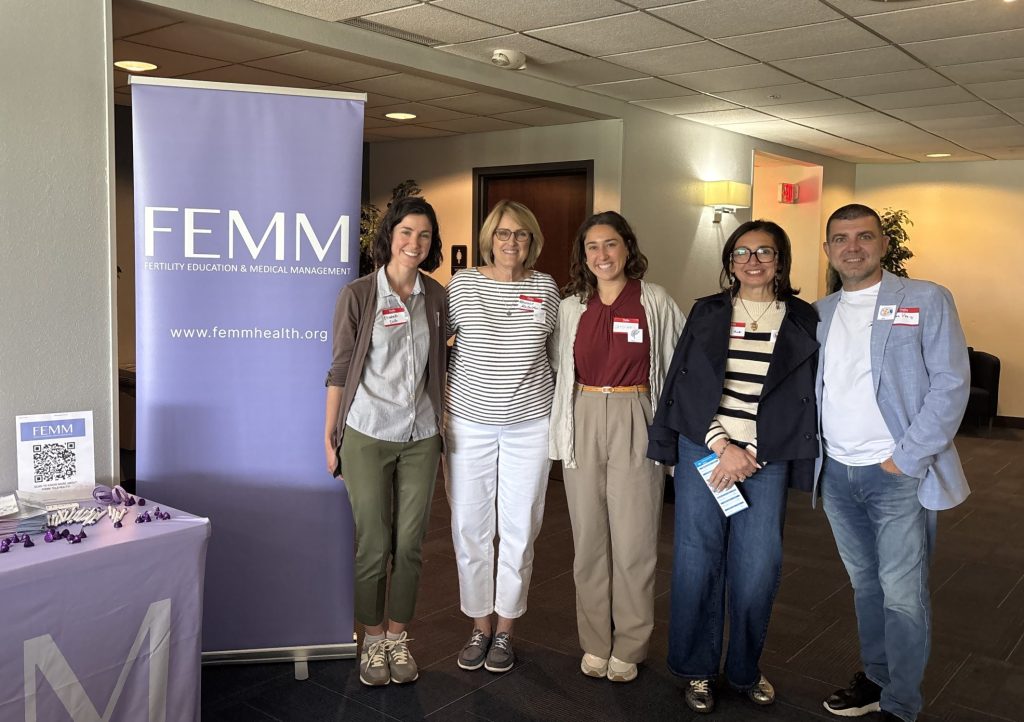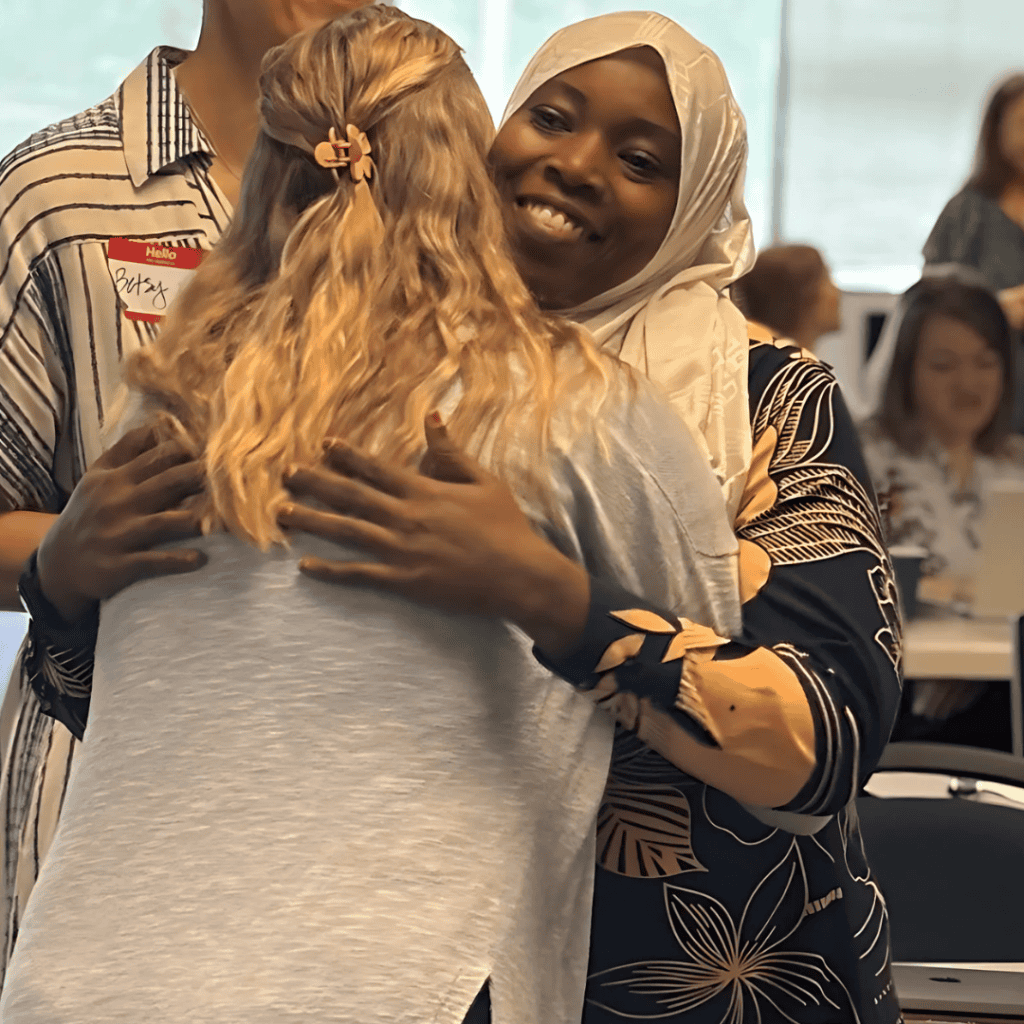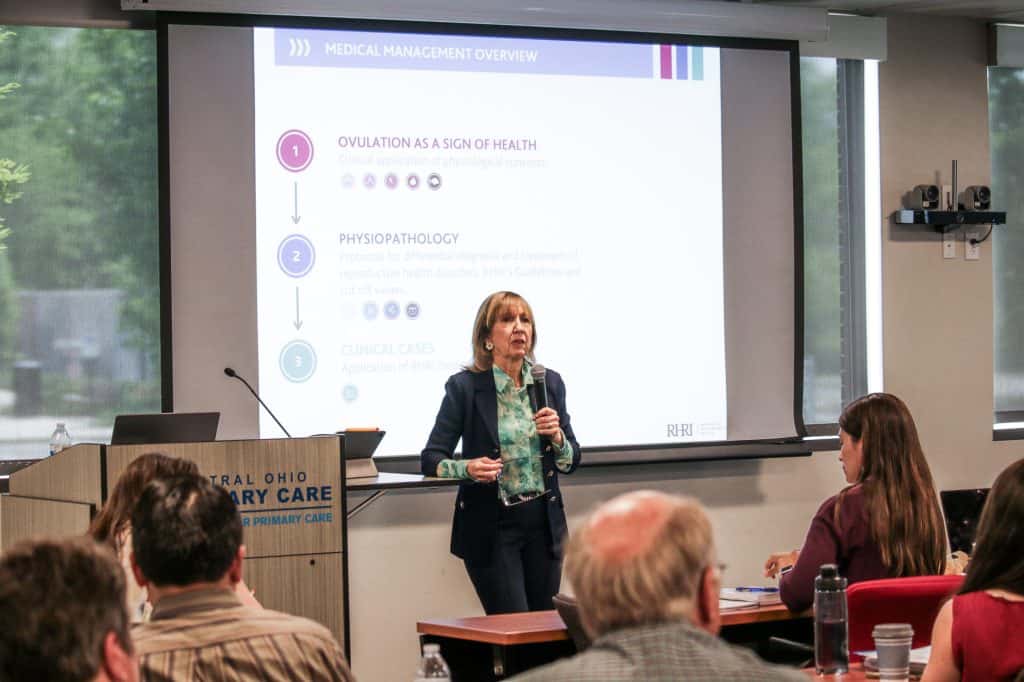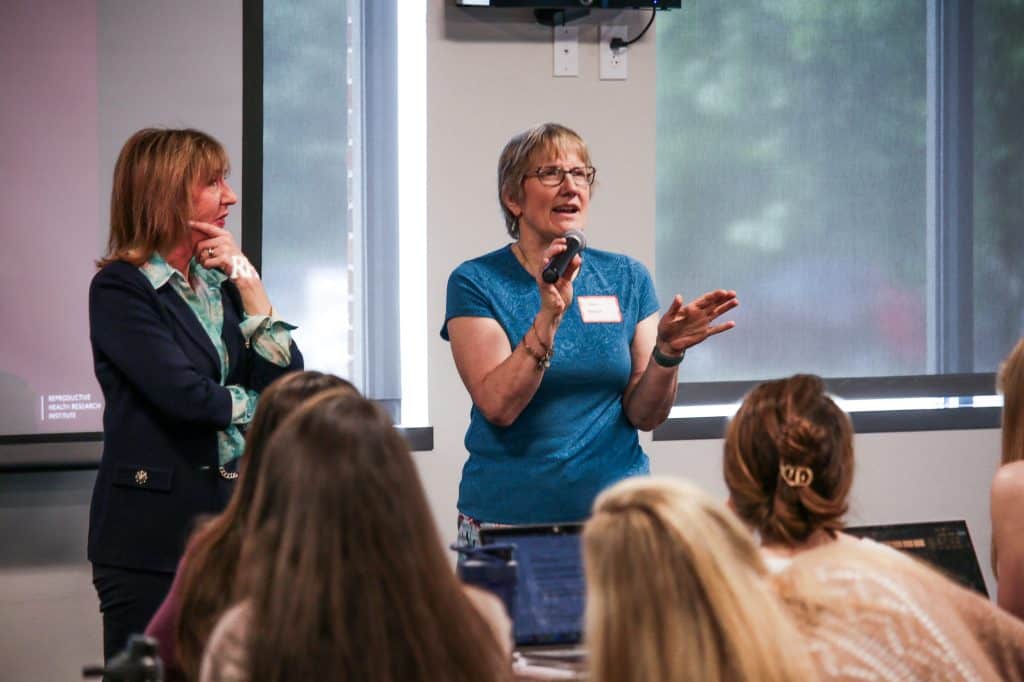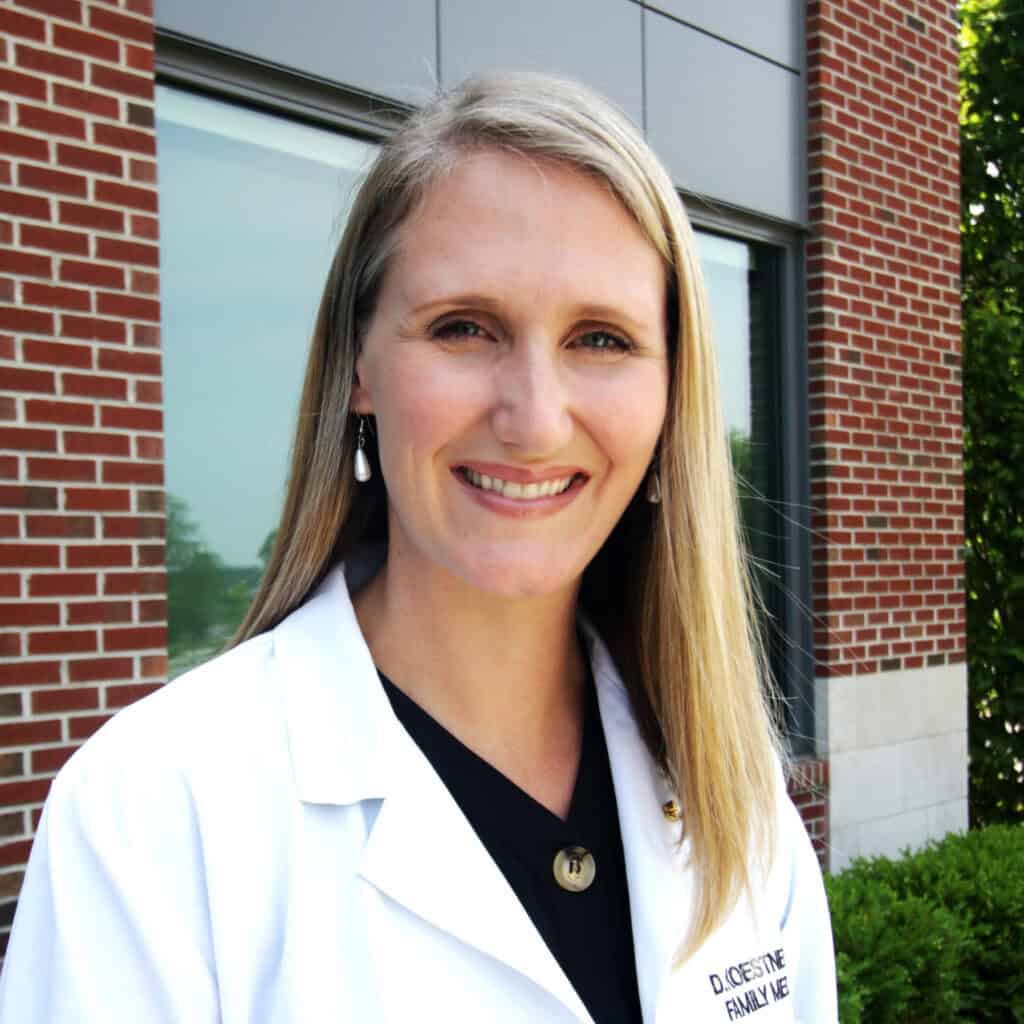Sometimes, no matter how experienced you are, you just need advice.
That’s why we offer monthly online patient case studies for FEMM-trained medical providers.
These sessions—which your generous support makes possible—give health care professionals a supportive, knowledgeable, and lively community where they can bring questions and exchange ideas.
At a typical session, a medical provider will present a real-life case they’re working on. Issues that often come up include abnormal bleeding, PCOS, and fertility issues. Participants review the patient’s history, lab results, and charts. Then discussion opens up. Everyone has the chance to ask questions and offer suggestions while talking through the underlying problem and possible treatments.
Sometimes, instead of presenting a specific patient, a participant will simply share information they think would be useful for the group to know. It’s an exciting, dynamic atmosphere, with each person bringing their own wisdom, experience, and expertise to the table.
We host three discussion sessions per month, led by Drs. Lindsay Rerko and Karen Poehailos.
Dr. Poehailos, a family doctor from Virginia, leads case studies for medical professionals outside of the United States. People join the discussions from all over the world, including countries such as France, Ireland, Australia, and Tanzania.
“It’s a great way to be able to bounce ideas off of a group because people come to this with different experiences,” Dr. Poehailos says. “We can go back and forth and share our best knowledge.”
Sometimes, for instance, the group may realize that a treatment that’s possible in the United States isn’t available in an another country. That’s when providers have to think outside the box and brainstorm different, creative solutions. It’s an opportunity to consider women’s health care from new perspectives.
Each case study is a chance for health care providers to gain wisdom from their peers and better serve the women they care for.
As Dr. Poehailos says, at the end of the day, it’s all about “Giv[ing] these women knowledge of their bodies and hope that some things can be fixed and not just overridden.”

